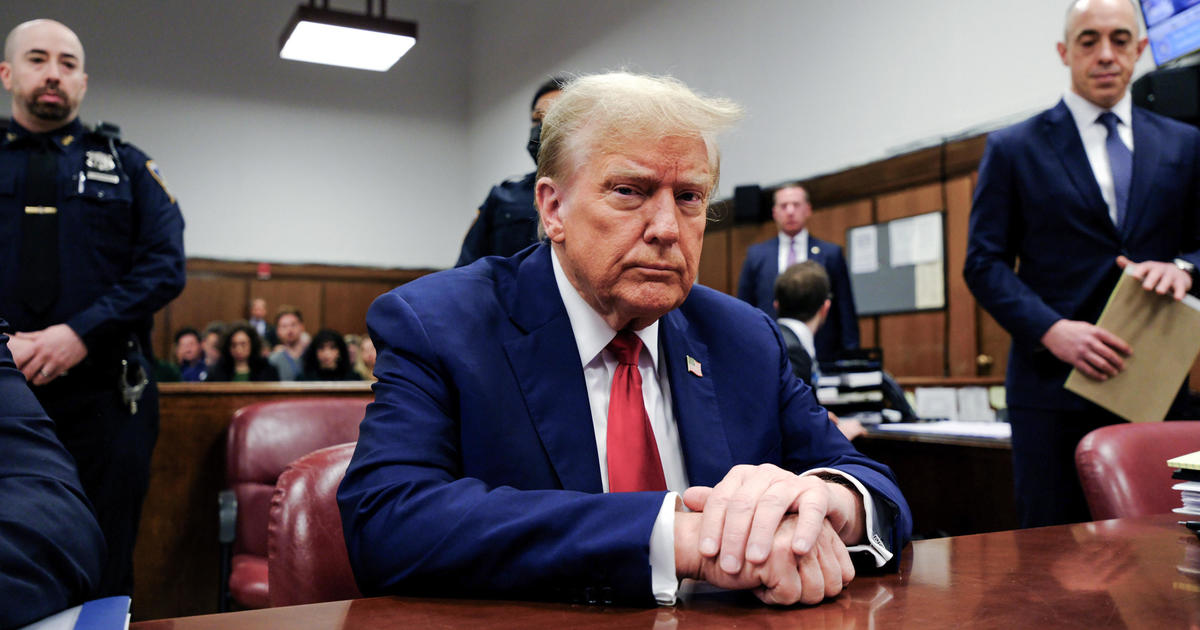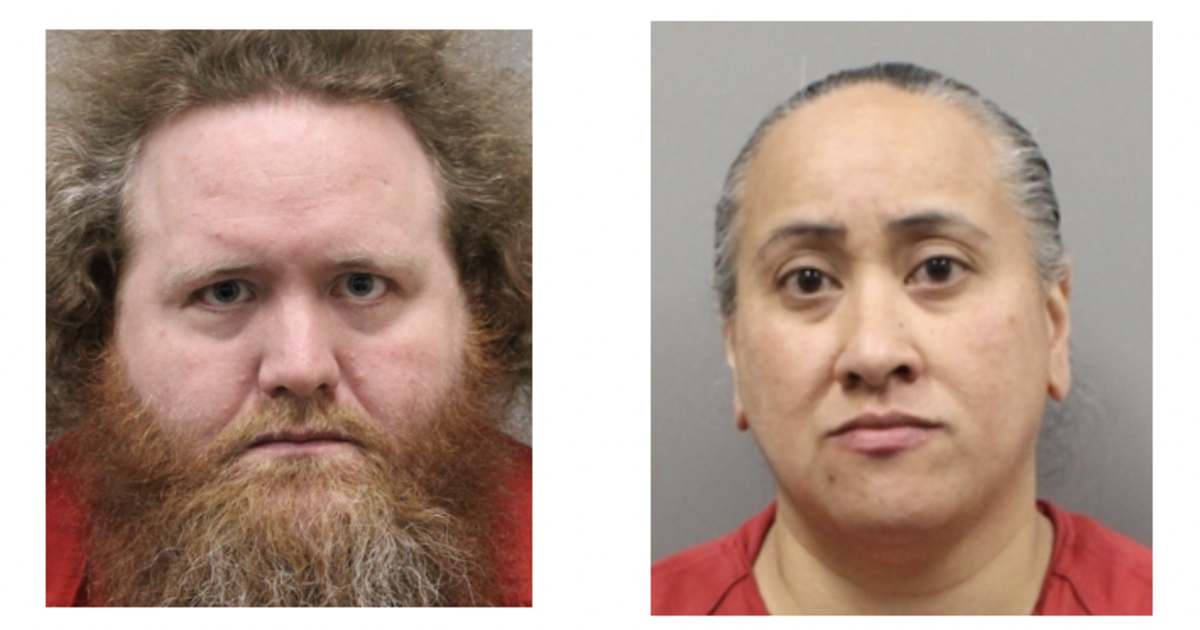Inside the race for a vaccine to prevent the novel coronavirus
Americans wondering when their lives will return to something resembling normal after the coronavirus outbreak may be hunkering down for a while.
Epidemiologists at Imperial College London published a new report last week on the potential number of deaths in the U.S. from COVID-19 and the measures necessary to prevent them. The report indicates nationwide restrictions—including social distancing, home isolation, and school closures—would need to be maintained, at least intermittently, until the virus subsides or a working vaccine is developed.
Scientists tell 60 Minutes it will likely be more than a year before a vaccine to prevent COVID-19 is rolled out to the public. And there is no way to speed up the process.
THE TIMELINE TO A VACCINE
Scientists around the world launched an urgent quest to develop a vaccine against the novel coronavirus on January 10, the day scientists in China posted the genetic sequence of the virus online.
At Inovio Pharmaceuticals in San Diego, publication of the virus's genetic blueprint was like the starting gun. Company scientists plugged the viral sequence into their computer algorithm, which spit out a fully designed vaccine on paper in just three hours.
How remarkable is that turnaround? Kate Broderick, Inovio's senior vice president of research and development, told 60 Minutes it is unusually fast compared to traditional vaccine development.
"If you're thinking of traditional vaccines, you're talking in the months to years-type timeframe," she said.
Broderick said her company has already started testing its vaccine on animals and expects to start human trials next month. Once those begin, the company will then need to go through the rigorous process laid out by government regulators to ensure the vaccine is safe and effective.
"As much as I would love to be able to tell you that a vaccine's around the corner, next month or the month after, as you can imagine, these things do take time," she said.
THE DANGER OF ROLLING IT OUT TOO SOON
There is an epidemiological reason not to rush trials for a COVID-19 vaccine: Scientists don't want to make the disease stronger.
Those who are racing to create the COVID-19 vaccine are working to ensure it is safe, effective, and won't trigger a complication called enhanced disease.
"Enhanced disease is absolutely something that you always have to rule out with any vaccine, particularly a respiratory vaccine," said Stephen Hoge, president of Moderna, a Boston area biotech company that is collaborating with the National Institutes of Health to create a vaccine. "And coronavirus is no exception."
Enhanced disease is a complication scientists have seen with early generations of other vaccines. After scientists inject a laboratory animal, its immune system becomes too challenged by the virus and triggers a stronger reaction. The animal then ends up with a worse case of the disease than the one the vaccine was intended to protect it against.
Hoge said previous research in animals has shown enhanced disease is a theoretical concern with coronaviruses.
"[T]he burden of proof will be on us to show that the vaccine doesn't actually result in any enhancement of disease. In fact, is protective," Hoge said. "And that's one of the key things our clinical trials are going to be designed to evaluate."
WHY SCIENTISTS HAD TO WAIT FOR AN OUTBREAK
This is not the first time the world has seen an outbreak of illness linked to a coronavirus. In 2003, the SARS coronavirus sickened more than 8,000 and killed more than 700 worldwide. Nine years later, the MERS coronavirus killed more than 800.
So why, then, are scientists just now racing to create a vaccine against the coronavirus that causes COVID-19?
Dr. Angela Hewlett, the medical director of the biocontainment unit at the University of Nebraska Medical Center, said vaccine trials were underway for SARS and MERS, which might have helped researchers be better prepared for this outbreak, but there were too few patients for the studies to be completed.
"It's difficult to do vaccine trials when there aren't a lot of cases," Hewlett said. "When these vaccine trials are coming up, there may be an outbreak going on. But by the time they really get geared up, there may not be a lot of cases of those illnesses anymore."
Hewlett says once outbreaks subside, so does the interest in funding vaccine research.
"We really need to make sure that when we're funding research, that we think in the long term and not necessarily just fund in the short term while that outbreak is going on," Hewlett said, "but also continue that work even after the outbreak is over with."
The videos above were edited by Will Croxton.



